On a summer night, my family and I all sat down to watch a stand-up special titled “Homecoming King” by a comedian named Hasan Minhaj. I had only vaguely heard of him before and was not sure what my cousin had been raving on and on about. He had declared, “It’s SO relatable,” to the extent that he wanted the whole family to watch it together. This summer night was at the end of May 2017. My family and I had just moved back to the US at the beginning of the month, after six years in India. For three months, we stayed in my aunt’s home until we found an apartment of our own. Most of our viewings of movies or TV shows were with all 10 of us, strewn across their living room, together.
We settled down to watch this comedy special, and in an hour and 12 minutes, Minhaj takes us through his parents’ immigration to the US from Aligarh, India, to growing up as a brown kid in Davis, CA. It is as if he is just another family friend, switching between Hindi and English just like I do, talking about all the problems we Desi (South Asian) kids go through. It is a struggle to find our place in a country where we feel like we stick out and do not belong — In a country that turned against us Muslims after 9/11 and labelled us all terrorists, regardless of who we actually were.
His family is from the same town as mine. I lived in Aligarh for a year. Aligarh Muslim University was where my parents and my grandparents went to college. There is a name for people like me and Minhaj: ABCD, American-Born Confused Desi. Neither here nor there, perpetually shifting back and forth.
We laughed and laughed and understood all of his references. Our parents sometimes tut-tutted at the cursing, but they genuinely enjoyed it.
This guy was from our hometown and he spoke and looked like us. Having just moved back to the country that I was born in, from the country where my parents were born, I was struggling again to find my place.
And then he got a show on Netflix, “Patriot Act.” The Patriot Act, a law passed 45 days after 9/11, expanded US government surveillance to respond to terrorist threats. In each episode, he broke down big complicated political and social issues into easy to digest half-hour episodes, full of references to Desi culture and humor. I watched every episode diligently. I watched all of the extras that were posted on the “Patriot Act” YouTube channel, where he talked to Gen-Z Desis in a particularly entertaining video.
On Aug. 18 of this year, Minhaj announced that “Patriot Act,” after a six-season run, had been cancelled. Netflix has struggled to keep up with their talk shows and the explanation they gave was that they weighed their viewership against the cost of production, and decided to cancel it.
There are no other prominent Indian-American Muslims on screen right now.
There are, of course, more South Asian and Muslim characters coming to film and television. On Sept. 30, Iman Vellani, a newcomer to Hollywood, was cast as Ms. Marvel, a Pakistani-American Muslim teenage superhero. And in April of this year, a Netflix original called “Never Have I Ever” was released, with an Indian-American teenage protagonist named Devi.
Three years later, I am watching a show called “Legends of Tomorrow” with my sisters, on Netflix. I am here at Wellesley, and they are back home in Albany. “Legends of Tomorrow” is a show which is equal parts completely crazy and cool (you will only understand once you watch it). In the third season, a new character is introduced named Zari Tomaz. She comes from a future where religion has been outlawed and she is a practicing Muslim. As the season progresses, she slowly begins to fit in with the other characters, and there is an episode which is centered around her fasting in the month of Ramadan. My sisters, who are 8 and 10 years old, understand why Zari struggles to keep her cool as another character offers her beer and a pork sandwich, both of which are forbidden for Muslims to consume.
My sister told my mother, “And she’s Muslim!,” with a hint of pride in her voice.
My sisters will grow up in a world where a major Muslim character, who is not a terrorist, on a show or in a movie will not be an anomaly.
But even after breaking out of that trope of Muslims as terrorists post-9/11, there are many more ways we are boxed in.
A prevalent example is a Muslim, usually hijabi, girl meets a white boy, who “opens her eyes” to the “oppression” she is going through being a hijabi Muslim woman. She then rebels against the constraints of her religion, and takes off her hijab for the boy. She is “free.” This trope can be seen in the hit teen Netflix drama “Elite” and in the movie “Hala.”
Muslim American women and girls absolutely struggle with their identities. I am not hijabi, but I know what it is like. And there are people who will identify with that. But that cannot be the only story. We do not all feel like we are oppressed.
Our voices deserve to be heard in every aspect. Whether that be through superhero films, comedies or political commentaries.
I first read Ms. Marvel when I was 13 years old. She changed the course of my life. A fictional character, a teenager who just happened to look like me and deal with the same problems as me, showed me what I wanted to be. I am only writing this article because I read those comics, because I realized what I had been missing. I want my sisters to have people like them on screen, to realize their own potential.
If a fictional character can motivate me to find my purpose in writing, then how many more lives can be changed if others in my community can see their stories and their potential?
Representation is complicated, and you cannot represent every single story. But that does not mean you cannot try. That also does not mean we need to compromise.
In June, the “Patriot Act” staff was accused of creating a toxic workplace by former members of the staff who were women of color. Minhaj was not explicitly labeled as responsible for creating a toxic environment in these accusations, but it was his show. In the wake of the cancellation of the show in August, many people in the Desi community lamented the loss of the only good representation that we had. I was one of them, unaware at the time of the accusations. These accusations were barely acknowledged in the plethora of articles published after the cancellation.
I only read about the allegations after coming across a tweet from New York Times journalist Iva Dixit, in which she said, “[It’s] okay to mourn a good thing, but after the ubiquitous paeans to its greatness, all I’ll say is please interrogate your beacons of representation and how they behave once they acquire power and authority.”
She’s right.
I myself was rather reluctant to believe these women. I began coming up with excuses: maybe it was not Hasan Minhaj himself, maybe they were just exaggerating, maybe they were lying. I likely sound like a terrible person now, but I wanted so badly to fight that sinking feeling of disappointment. Maybe I was idolizing him too much, but he is from my hometown, he is like me. I was rooting for him.
But it is not about me. These women bravely bared their feelings to the world, knowing that they could be at the receiving end of the endless hate the Internet can perpetuate. Who was I to not believe them?
We absolutely need more representation. For all the people like me, who deserve to understand that they can be whatever they want and realize their own potential. That should never come at the cost of the discomfort of those very people who we want represented.
We cannot be so blinded by our desire to see ourselves on screen. Yes, “Patriot Act” was a game-changer for representation of Indian-American Muslims, but its staff did not practice what it preached, and they need to be held accountable for their actions.
We cannot represent every story, every voice. But we certainly can try to do so, while staying true to the ideals of inclusion we demand of everyone else.


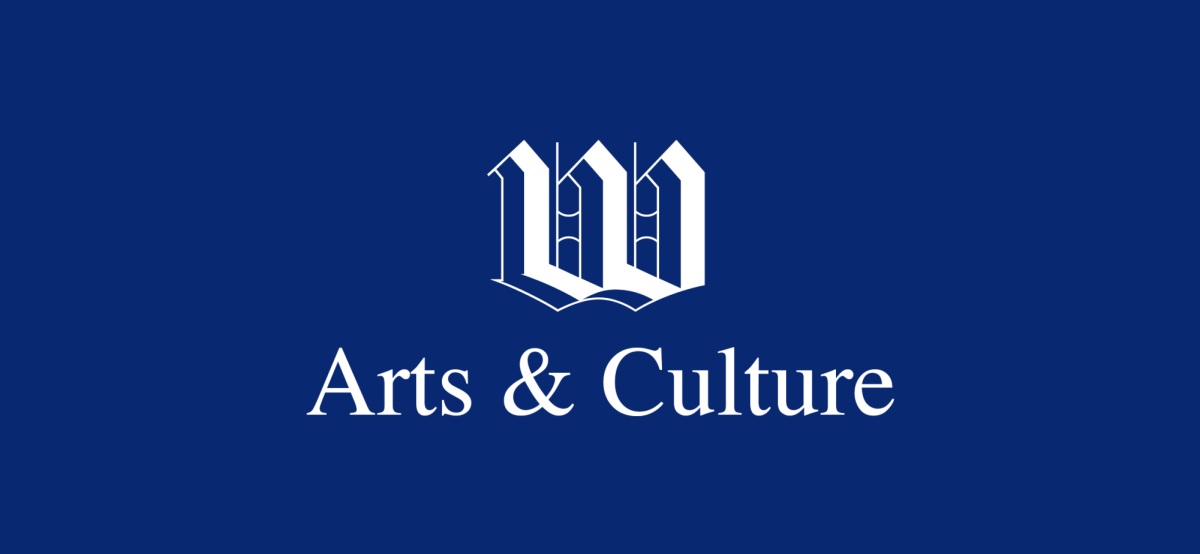
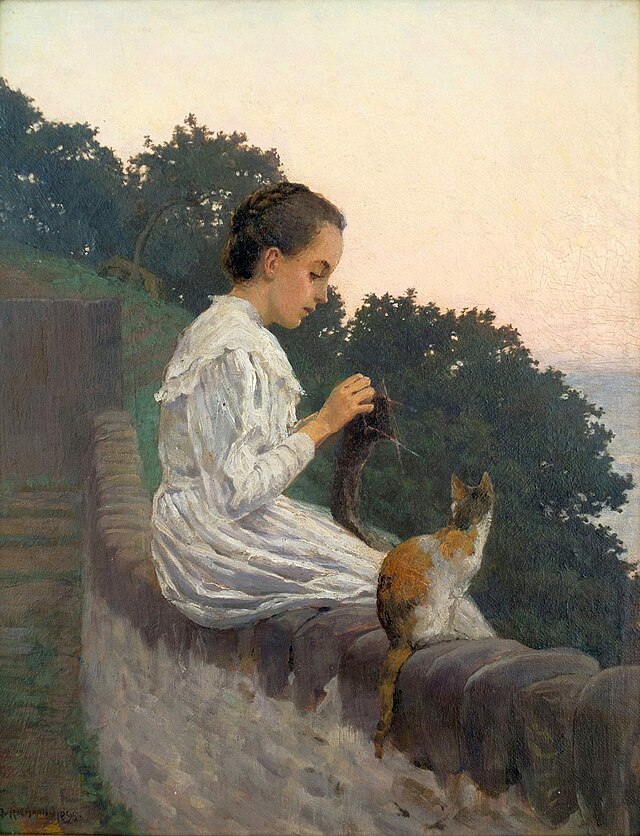
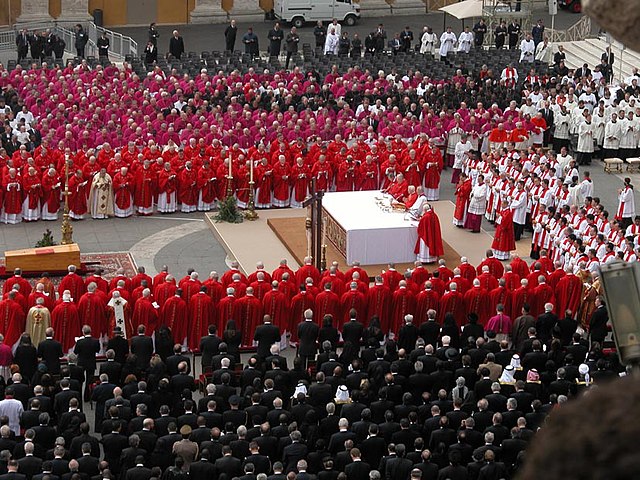
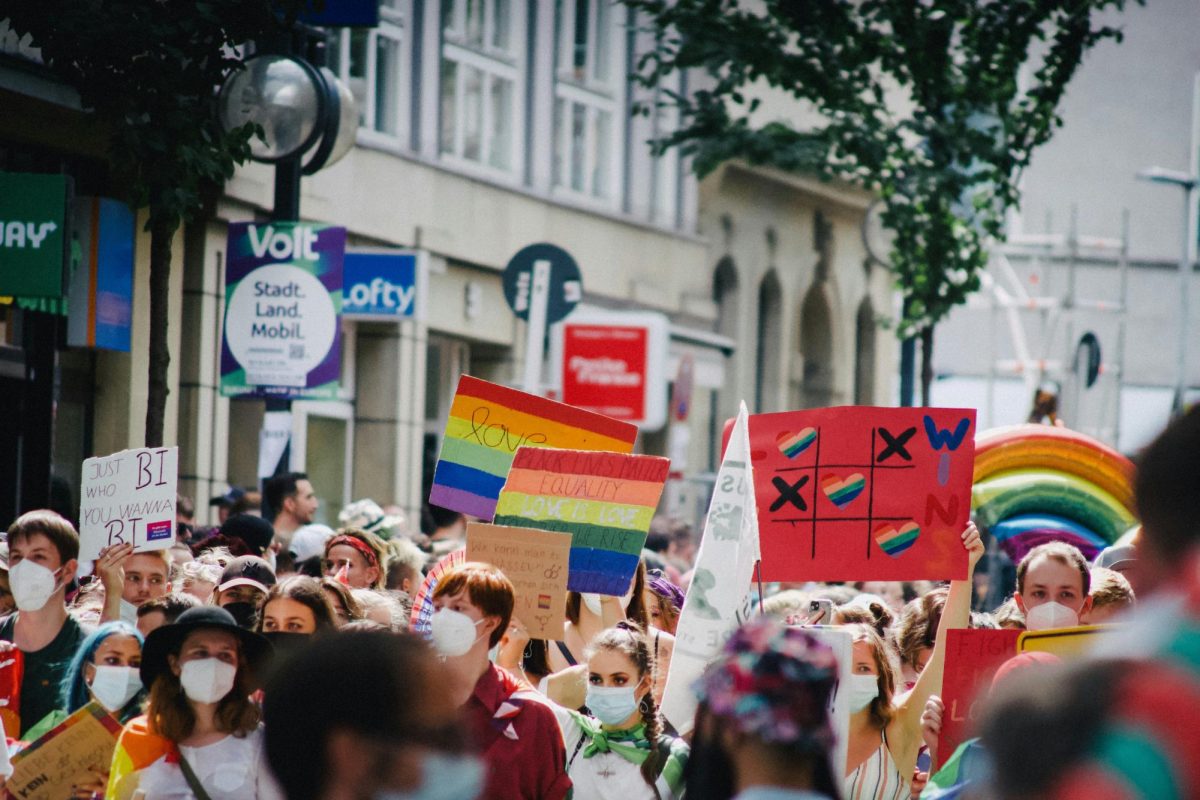
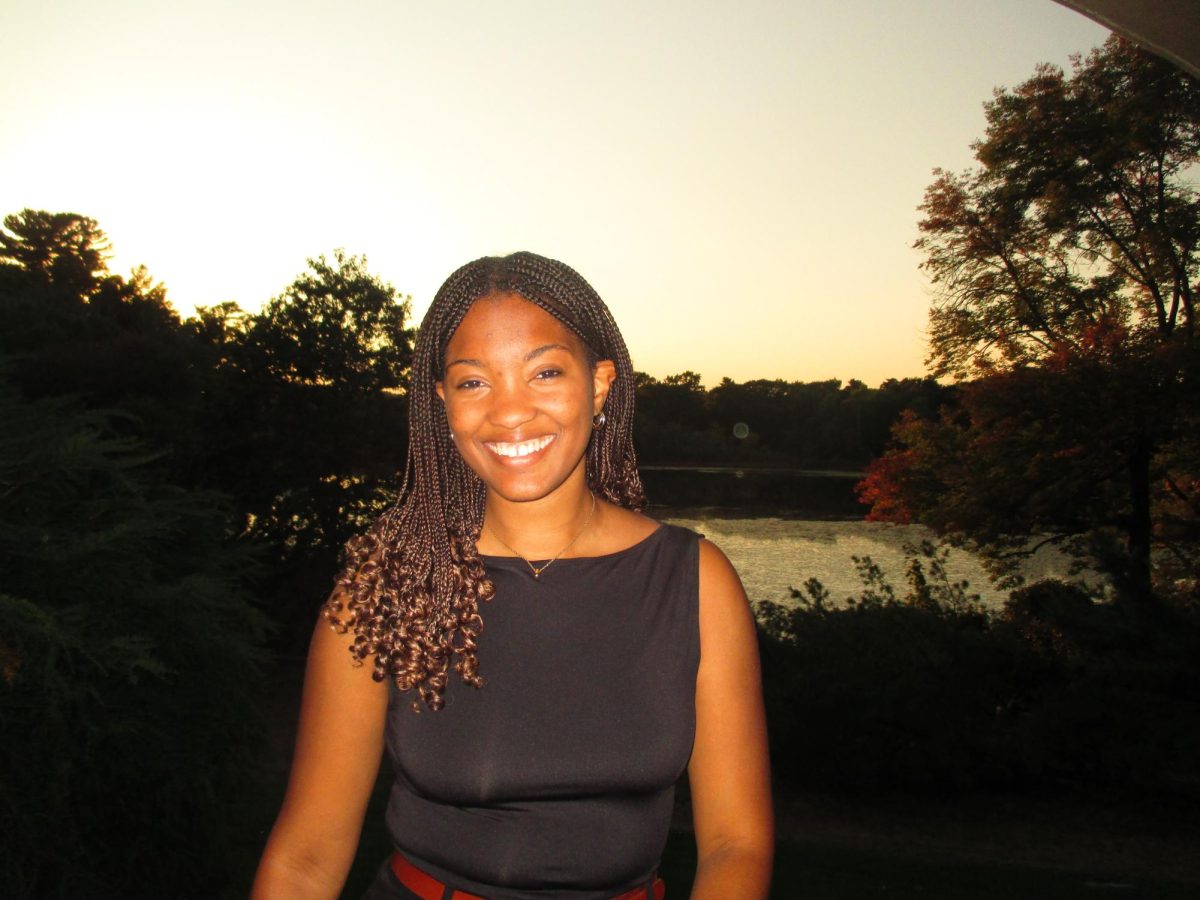
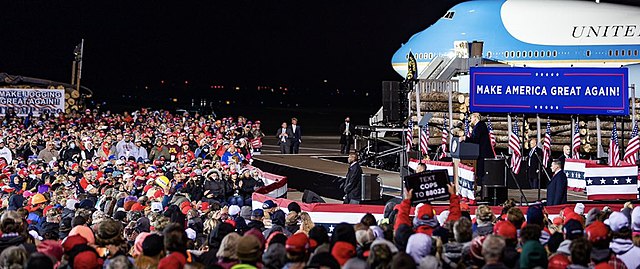
simran rajani | Oct 12, 2020 at 1:56 pm
This was beautifully written and very articulate. I totally agree with your arguments made and am soo so proud of u, Maryam! The issue of Westerners seeing Islam as inherently oppressive is discriminatory, false, and uneducated. The hijab has turned into a politicized object, especially after 9/11, due to the fact that it is one of few factors that Westerners can easily recognize as a symbol of Islam. In fact there has even been controversy and bans (in Italy, previously I believe) for the “Burkini,” which was promptly retracted due to its discrimination and bad taste, thankfully. This was great– very interesting <3